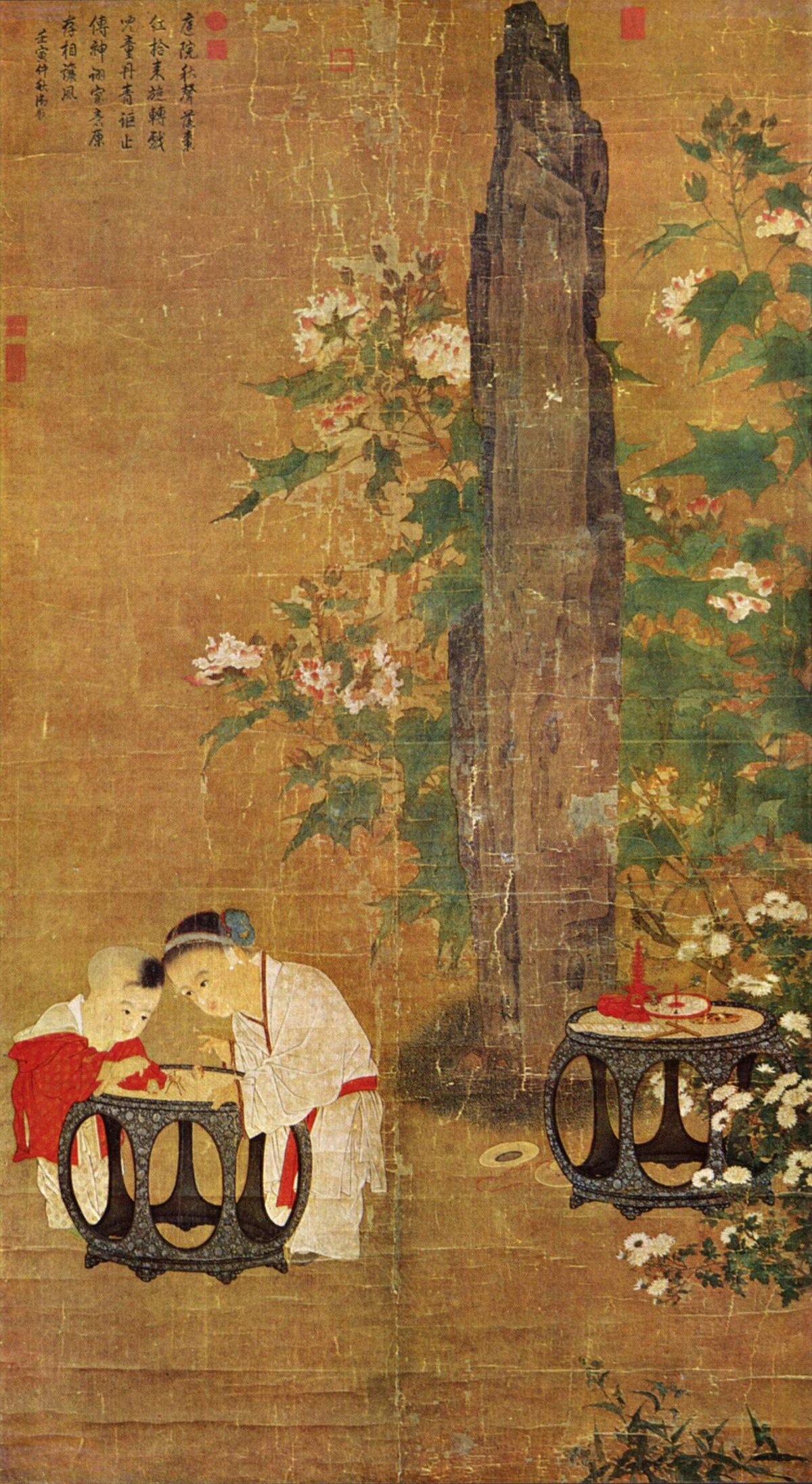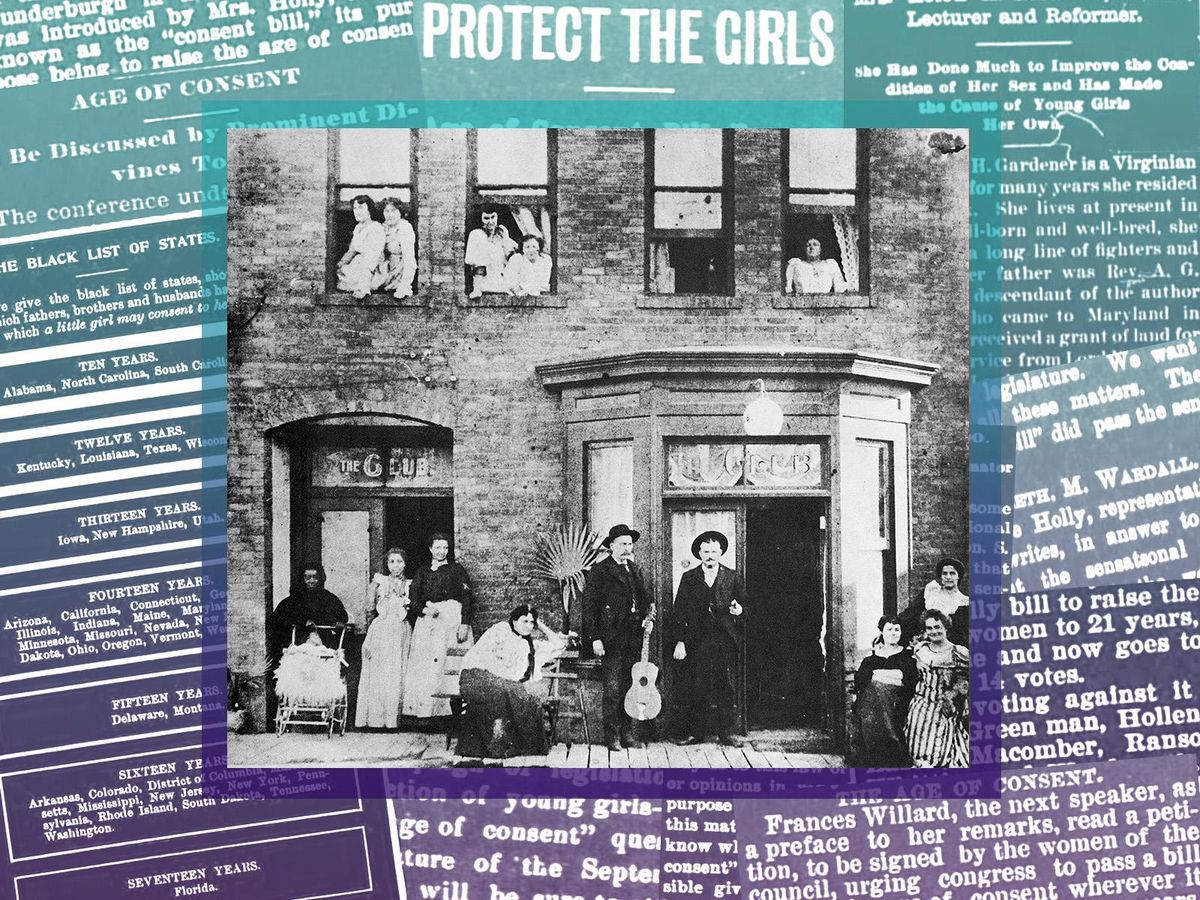Wallaee Lam yahidhna is referring to prepubescent childrenIf you are done and want to believe that Muhammad married a 6 year old then that is your provocative, you did not come here in order to seek answers you came to see if anyone will dispute your opinion. This way of approaching a debate lacks in critical thinking because you are clouded by your prejudice.
The Quran already states that:
Then do they not reflect upon the Qur’ān?1 If it had been from [any] other than Allah, they would have found within it much contradiction.(4:82)
Had it not been for that hadith this would not have become a debate, if you read the Quran, you will not have found this matter something to dispute over. Hadiths are good when we can be sure of its authenticity. This is a difficult task at hand, as some deals with a lot of grey areas and have some contradictions. What we can take from it is the good messages/lessons.
And I doubt there are Muslim men waiting in line to marry a 9 year old either but you only want to see it one way. If you are that concerned about p***philia why not deal with modern p***philia problems? This has been happening throughout history in different race and cultures and it is an on going problem now. Why be bothered about the history of it in a particular religion? p***philia
Again you seem to understand this verse as:
1. Females who have never had their periods before
2. Women who are constantly menstruating that this line doesn't apply to them
"Here, Iddah is prescribed to two categories of women. First it says: “Yaisna mina al-maheedhi”—that is, “those women who are desperate of menses”. This indicates women, who reached the stage of menstruation but do not menstruate. The other category are those, who have reached menopause. Desperate of menses points to women, who, though reached the age, fail to menstruate. Their Iddah period is three months. This is prescribed probably to take maximum precaution about her being pregnant. Next, there comes “Wallaee Lam yahidhna”—that is, “those who have not menstruated yet”; this group of women are prepubescent girls, who have not menstruated yet. Here, the Iddah prescribed for them is the same: three months."







